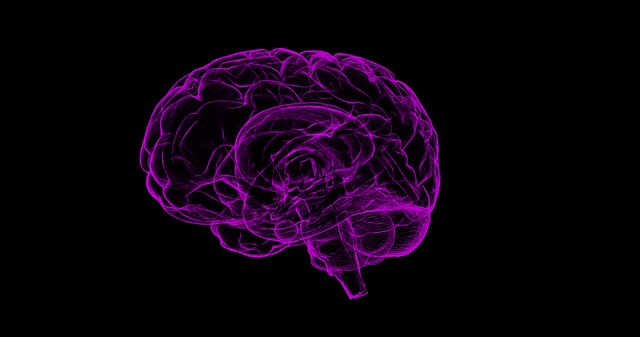Myoclonic Seizures

What is a myoclonic seizure?
Myoclonic (MY-o-KLON-ik) seizures are brief, shock-like jerks of a muscle or a group of muscles. "Myo" means muscle and "clonus" (KLOH-nus) means rapidly alternating contraction and relaxation—jerking or twitching—of a muscle. Usually, they don't last more than a second or two. There can be just one, but sometimes many will occur within a short time.
Sometimes myoclonus can occur in people without epilepsy. An example would be a sudden jerk that may wake you up as you're just falling asleep.
The term “myoclonic seizure” is used if myoclonus results from abnormal brain activity. In epilepsy, myoclonic seizures usually cause quick jerking movements on both sides of the body at the same time. They occur in a variety of epilepsy syndromes that have different characteristics:
Juvenile Myoclonic Epilepsy
Juvenile myoclonic epilepsy (JME) seizures usually involve the neck, shoulders, and upper arms. In many patients the seizures most often occur soon after waking up. They usually begin around puberty or sometimes in early adulthood in people with a normal range of intelligence. In most cases, these seizures can be well controlled with medication, but it must be continued throughout life. Myoclonic seizures in juvenile myoclonic epilepsy may be triggered by being overtired or by flashing lights.
Lennox-Gastaut Syndrome
Lennox-Gastaut syndrome is an uncommon syndrome that usually includes other types of seizures as well. It begins in early childhood. The myoclonic seizures usually involve the neck, shoulders, upper arms, and often the face. They may be quite strong and are difficult to control.
Progressive Myoclonic Epilepsies
The rare syndromes in this category feature a combination of myoclonic seizures and tonic-clonic seizures. Treatment is usually not successful for very long for progressive myoclonic epilepsies (PME). Treatment is difficult as the patient deteriorates over time, and often develops other symptoms such as intellectual disability, coordination and walking problems.
Learn More:
Subscribe to Our NewsletterWho is at risk?
The epileptic syndromes that most commonly include myoclonic seizures usually begin in childhood, but the seizures can occur at any age. Other characteristics depend on the specific syndrome.
What happens during and after a myoclonic seizure?
With a myoclonic seizure, there is usually a brief jerk of the body. This may result in someone dropping an object, or less commonly can lead to a fall.
When a myoclonic seizure ends, the person usually continues doing whatever they were doing before and during the seizure. They are awake and able to think clearly. No first aid is needed because of this seizure.
If someone is having a myoclonic seizure, how often will they happen?
Myoclonic seizures can occur as single events or may cluster, with several occurring over a short time.
How can I tell if someone is having a myoclonic seizure?
These seizures can be easily overlooked because they are so brief and appear as extra normal movements. These seizures can be mistaken for tics, tremors or clumsiness.
How are they diagnosed?
The seizures themselves are easy to identify. The syndromes usually can be diagnosed on the basis of the medical history and often an EEG test.
Learn More:
Find an Epilepsy SpecialistHow are they treated?
There are several medicines that can help prevent myoclonic seizures. Myoclonic seizures often respond well to the appropriate medicine.
What should I do if I think my loved one or myself may have myoclonic seizures?
If you think that you or your loved one are having myoclonic seizures, talk to your child’s doctor or your own and share your concerns right away. Because myoclonic seizures are often associated with certain syndromes, seeing a doctor quickly to make a diagnosis and begin treatment is essential.
Learn More:
Contact Our HelplineResources
Epilepsy Centers
Epilepsy centers provide you with a team of specialists to help you diagnose your epilepsy and explore treatment options.
Epilepsy Medication
Find in-depth information on anti-seizure medications so you know what to ask your doctor.
Epilepsy and Seizures 24/7 Helpline
Call our Epilepsy and Seizures 24/7 Helpline and talk with an epilepsy information specialist or submit a question online.
Tools & Resources
Get information, tips, and more to help you manage your epilepsy.



